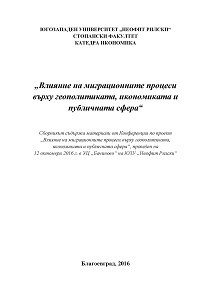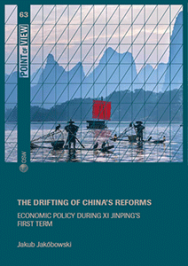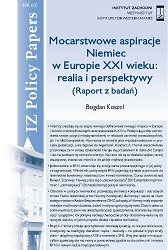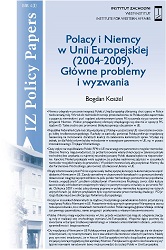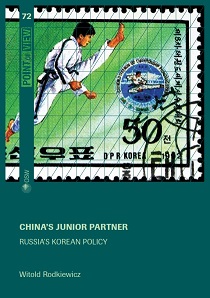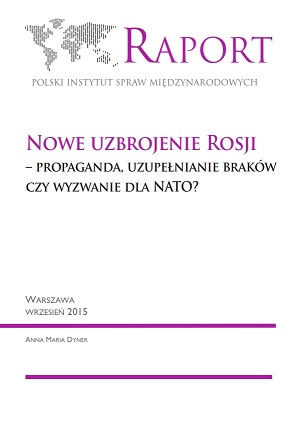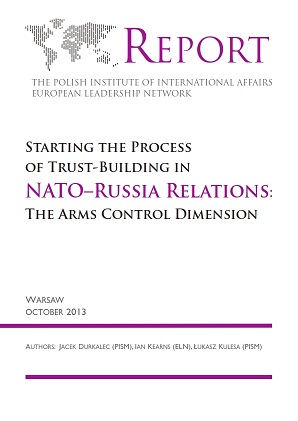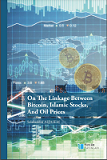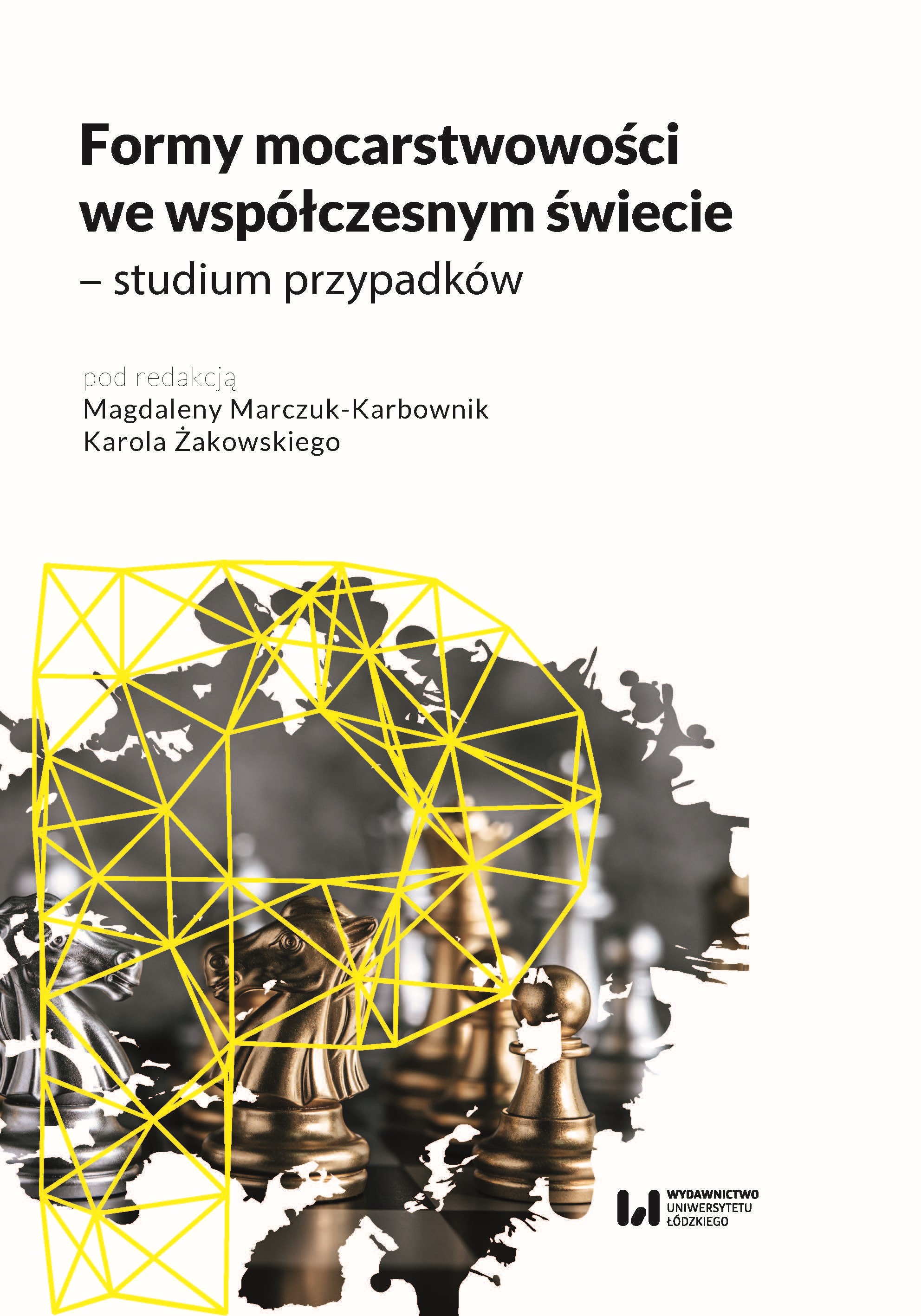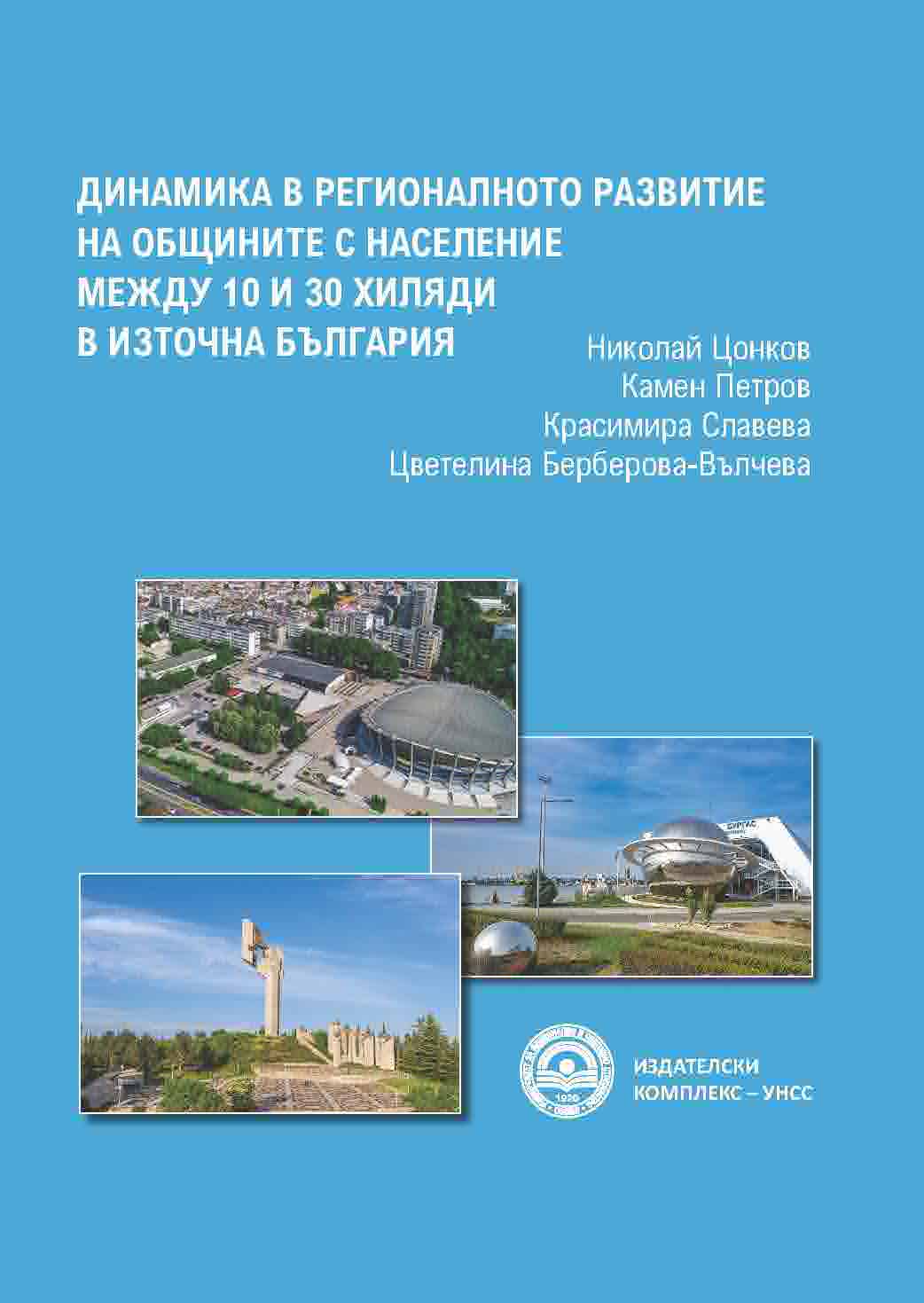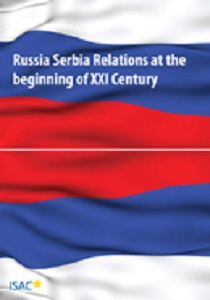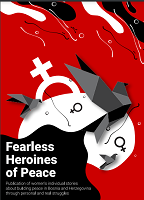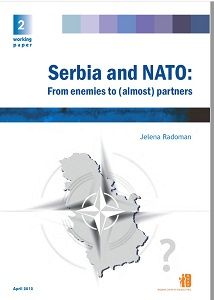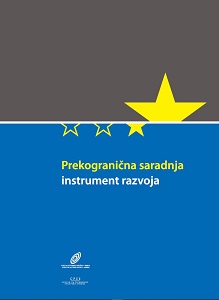Author(s): Nikolay Tsonkov,Kamen Petrov,Krassimira Slaveva,Cvetelina Berberova-Valcheva / Language(s): Bulgarian
The Black Sea region is an economic, trade, transport, energy, geostrategic and political crossroads. The interests of the European Union, the United States, Russia, China, Turkey, and the Balkan countries are intertwined here. Over the decades, several initiatives have been organized to satisfy the interests of global and regional players and to improve the economic, environmental, social, and transport situation, including connectivity through the construction of strategic transport infrastructure (regional and interregional). The analysis of past policies leads to the conclusion that a high degree of coherence, coordination, and implementation of a strategic approach to solving regional problems and creating integrity, connectivity, and regional connectivity has not yet been achieved. Both within the Bulgarian Black Sea coast and looking at the wider context, there is no successful cooperation and economic interconnection between the municipalities located on and near the sea. This is done through regional connectivity, building strategic transport infrastructure, and intermodal transport. Despite all the initiatives and policies undertaken, the Black Sea municipalities in the northeast and Southeast regions of Bulgaria are visibly underdeveloped (especially in the Black Sea hinterland) and their development potential is decreasing. It is therefore important to initiate research on Black Sea municipalities to develop regional policies to stimulate their economic development and improve their connectivity. The above argues for the need to plan and develop the Black Sea region in Bulgaria considering it in a broader context in terms of strategic transport infrastructure development. It is the basis for the subsequent improvement of connectivity, economic links, and socio-economic development, including in this part of the Bulgarian territory. The relevance of the research stems from the contemporary processes taking place in the Black Sea region. These processes are related to increasing tensions and strengthening of different interests for control of the inland sea. At the same time, from the point of view of Bulgaria and the European Union, this is a region that requires a specific approach to solving the various problems that have been layered over the years. These are related to security, geo-economics, geopolitics, transport, accessibility, urbanization, investment policies, and, finally, resolving regional socio-economic disparities. In another direction, regional policy in certain regions and areas is proving to be one of the most feasible mechanisms for regional development. This predetermines that the focus of European integration and the sustainability of regional policies must be seen through the prism of repositioning regional development as a genuine national priority.
More...
